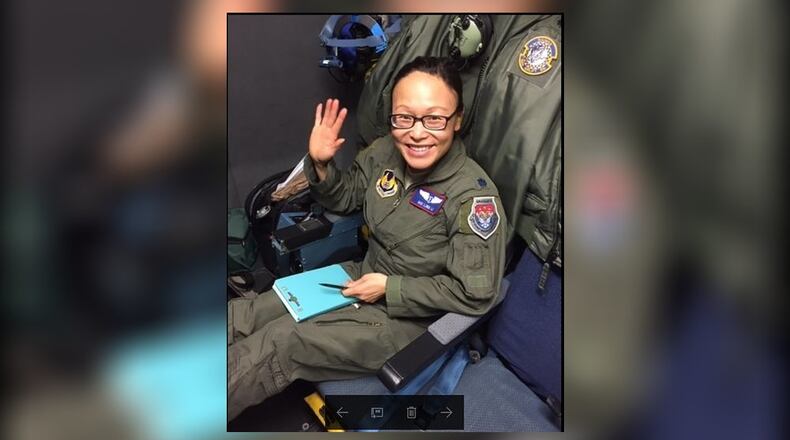“Until we were able to get on our feet, both families moved into a two-bedroom apartment,” said Li. “There were 10 of us, five in each family, so my family slept in one room, and my uncle and his family slept in the other. My parents made it clear that their job was to work to support the family, and the children were to study hard and learn.”
Not knowing any English, Li said she is thankful for her teachers, especially Ann Harrington, who helped her learn English in grade school. Li added that she still remains in contact with this teacher.
“It took me about three years to become fluent in English. I realized I had a good grasp of the language when I was able to communicate well enough to work as a cashier in my first job at a McDonald’s restaurant,” said Li.
Li’s family’s decision to immigrate to the United States and their emphasis on education definitely paid off. Li went on to graduate cum laude from Cornell University in New York. She also completed medical residencies in family medicine and aerospace/occupational medicine as well as a master’s degree in public health from Johns Hopkins. Her siblings and cousins who immigrated with her all attended top universities.
Li had little knowledge of the military until her next-door neighbor, who was a World War II veteran, introduced her to it.
“I did not know anyone who was in the military until I met him,” said Li. “After I graduated from Cornell, I was crew on a sailboat, and the captain who was on active duty would tell us stories about the Air Force.”
Li was intrigued. After being accepted to medical school, she applied and was awarded the Air Force Health Professional Scholarship and entered the Air Force in 1998 as a second lieutenant.
She saw that joining the Air Force would be an opportunity to learn, serve her country, and have some adventures.
Twenty-two years later, Li credits having great mentors and is thankful for many opportunities along the way, providing her experiences she would have never had if she had not joined the Air Force.
“The Air Force really enabled me to meet and learn from a lot of very smart people and supported world-class educational opportunities. My family also got to travel the world and live and work overseas,” said Li. “This is pretty terrific, and I would never have had these opportunities had it not been for the Air Force.”
Li’s duties include overseeing the Flight Medicine and Occupational Clinic, bioenvironmental, public health, medical evacuations, deployment medicine and application of medical standards. She advises the medical executive staff on the Aerospace Medicine enterprise as well as the installation wing commander on public health emergency matters.
Now add COVID-19 Public Health Emergency incident commander to that list.
“When I got my master’s degree in public health, my focus areas were in epidemiology, risk communication and public health emergency response,” said Li. “I never imagined that all I learned would be used to the max fighting a pandemic.”
When speaking about COVID-19, Li said she understands that nationally there must be a balance between people’s safety and economic activity, so we have to cooperatively figure out how to keep the installation and its people safe while continuing to complete the mission.
“We are still learning about COVID-19, and we are making progress, so until we get to the point to where there is an effective vaccine, we must deal with this every day, so we are walking this tightrope very carefully,” she said.
Li is thankful for all the opportunities she has been given and believes the diversity in the Air Force helps it to be the best in the world.
“Having such diversity in the Air Force is what makes us unique and strong,” said Li. “It’s our secret weapon that gives us a leg up with the competition. Diversity brings so many ideas, it may be messy at times, and what I mean by that is you are going to have to have more discussions, get different perspectives and work to get everyone to come to an agreement. That is what makes us stronger, more creative and innovative.”
When asked what she would tell someone from a non-traditional background who is considering joining the Air Force, Li said she would explain that they would have many opportunities and options but they have to be willing to work for it.
“Smart only gets you so far; you have to put in the hard work,” she said. “The Air Force is going to give you training opportunities and occasions to step up. It is important to embrace those opportunities; they force you out of your comfort zone. So if you accept those challenges, the Air Force will make you sharper. You will learn leadership skills that will translate to becoming a better parent, a better coworker, and just a better human being. And with the diversity that is in the Air Force, you have to learn how to get along with people who are not like you and take the time to listen and understand where they are coming from. You must be a team and work together as a team to make great things happen.
“As an immigrant girl from China, to have the opportunity in the Air Force to learn and grow and help fight a pandemic, that’s pretty interesting … and that’s what diversity gets you,” said Li.
About the Author
